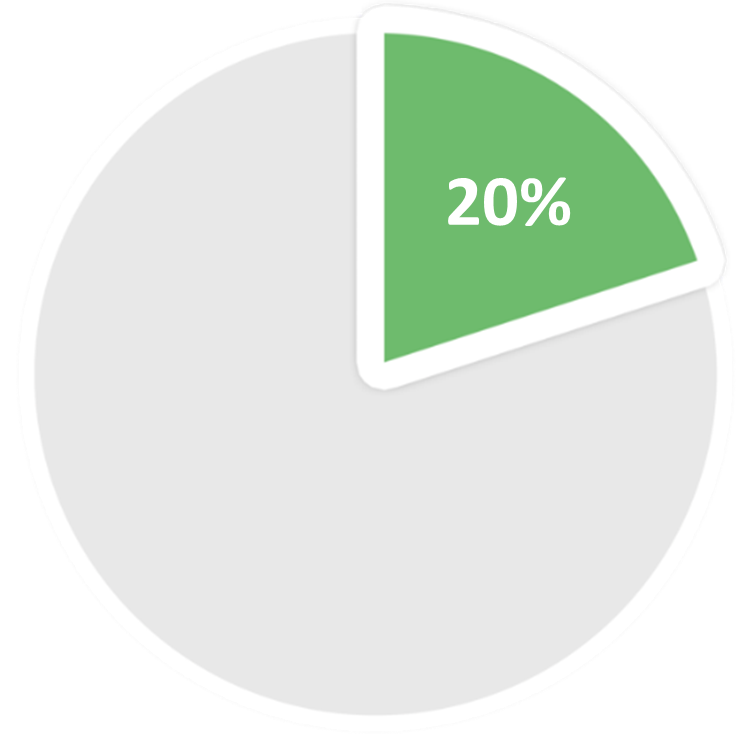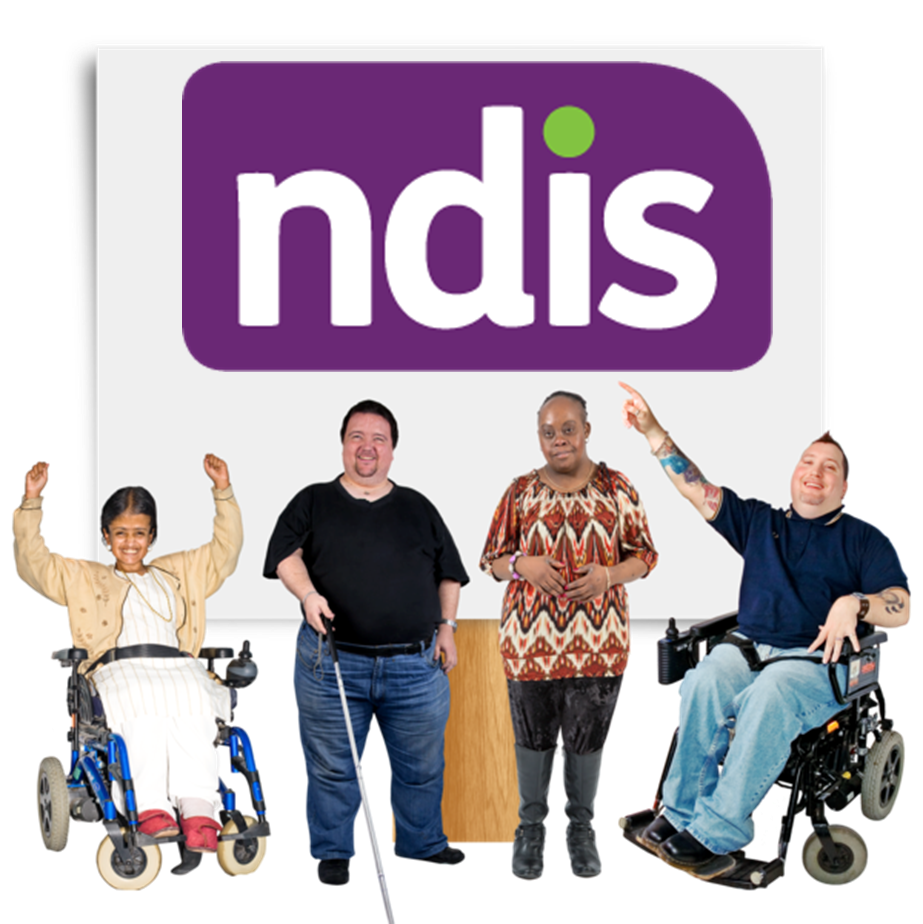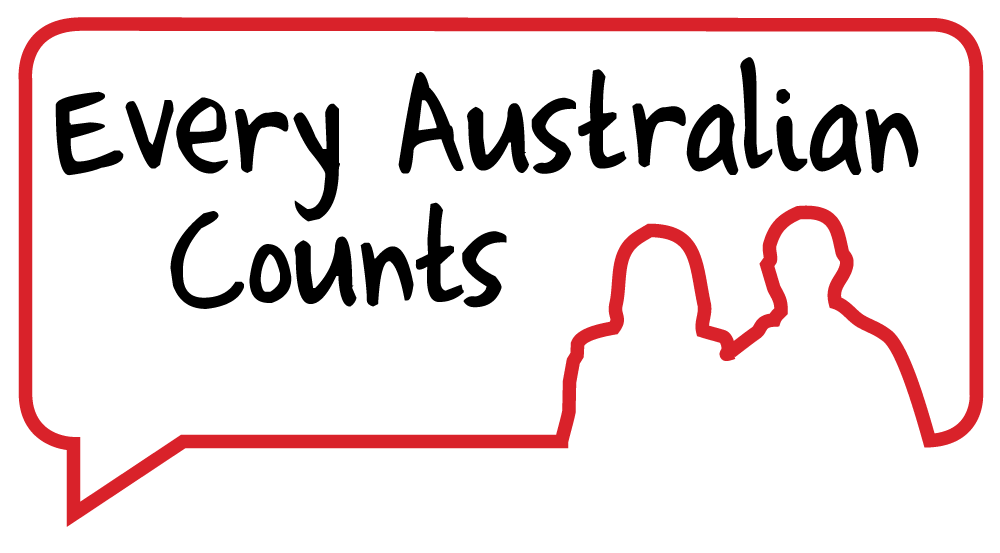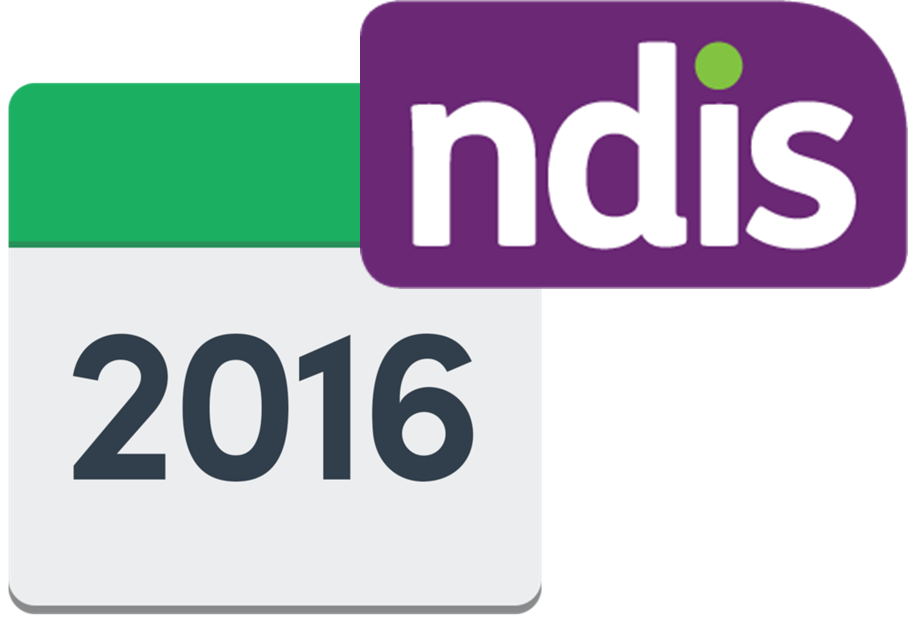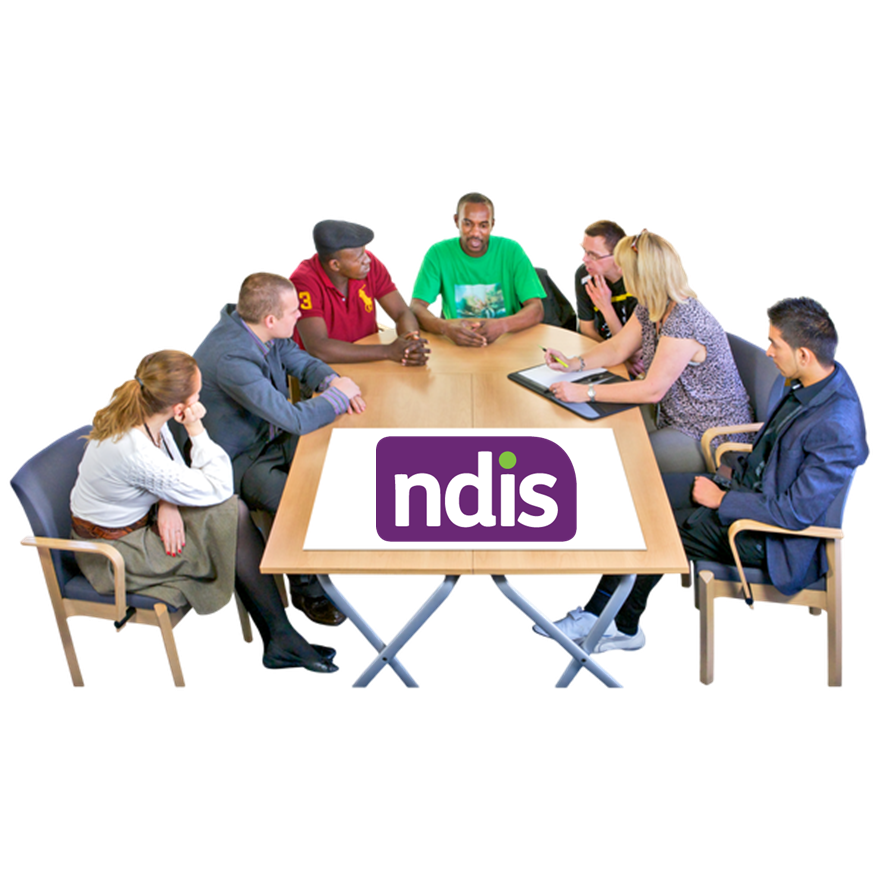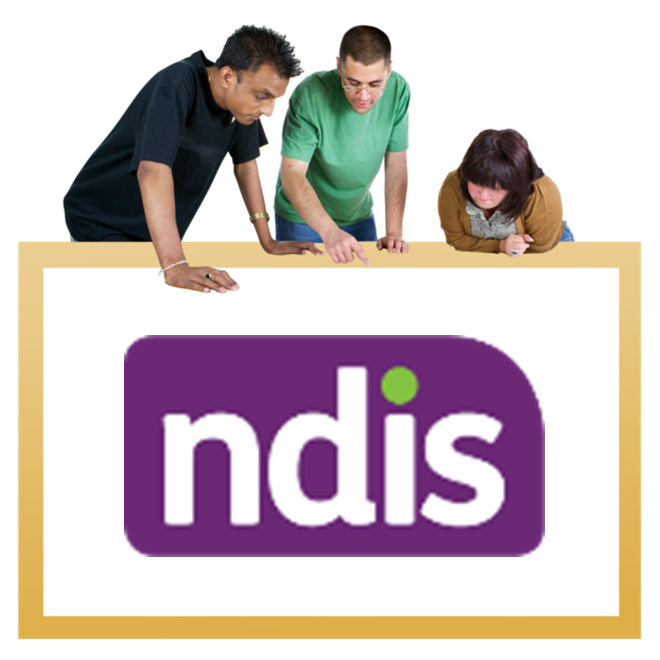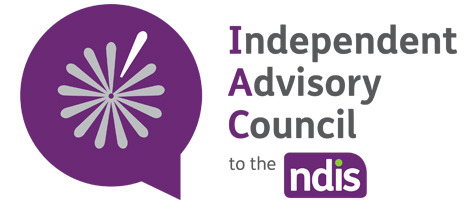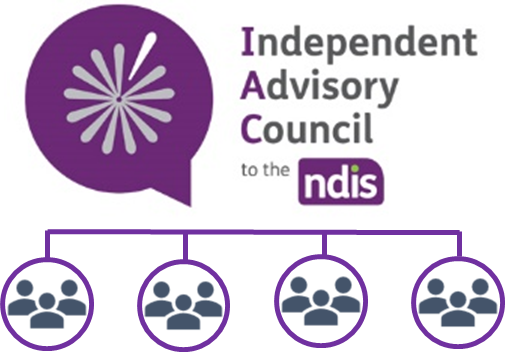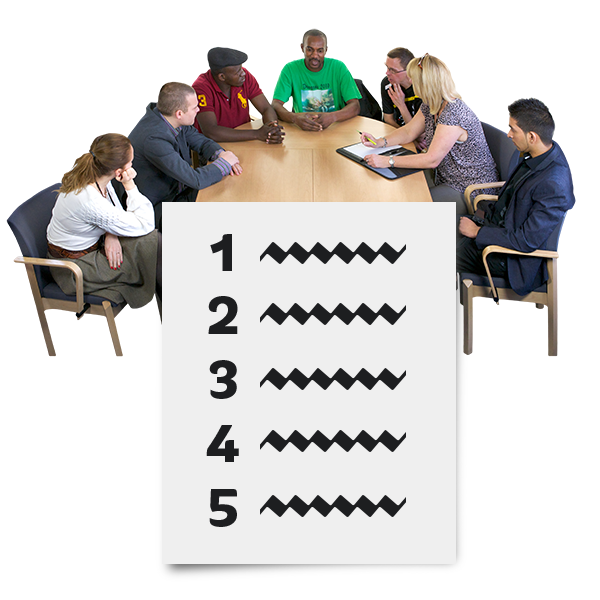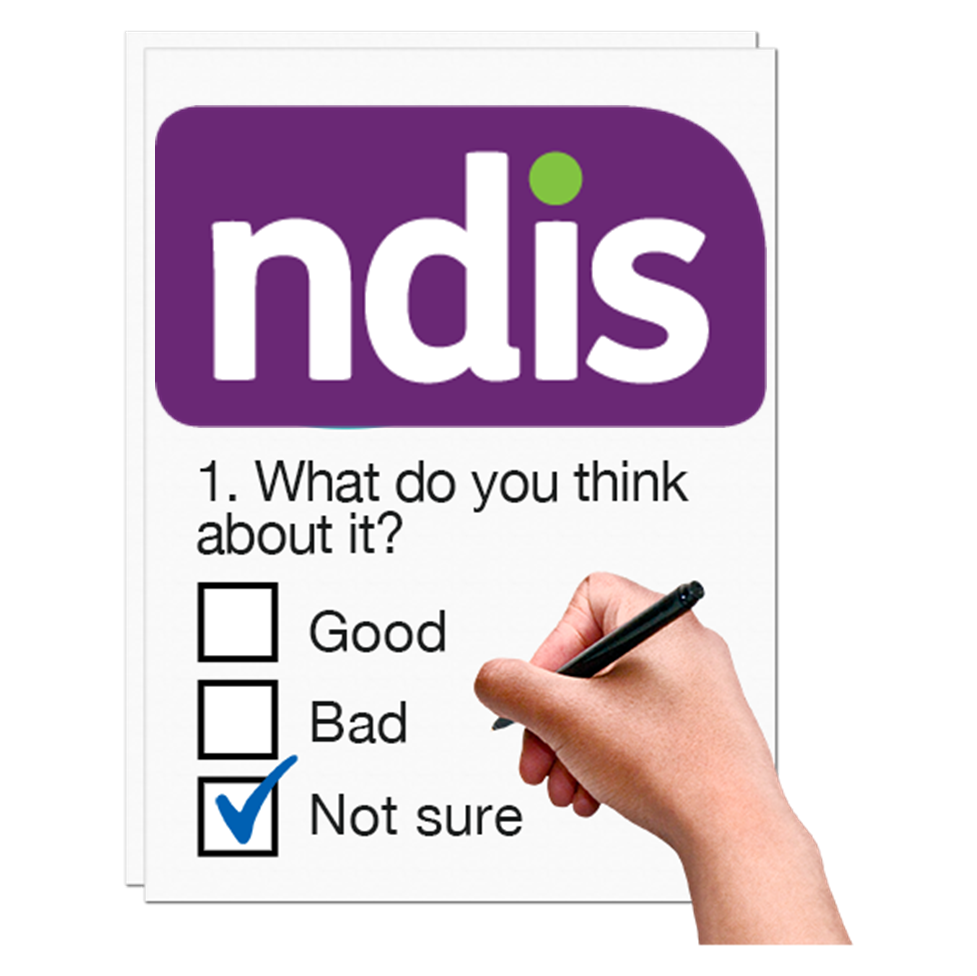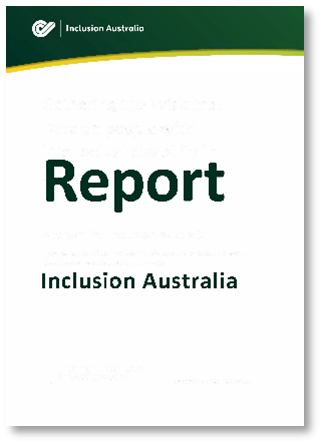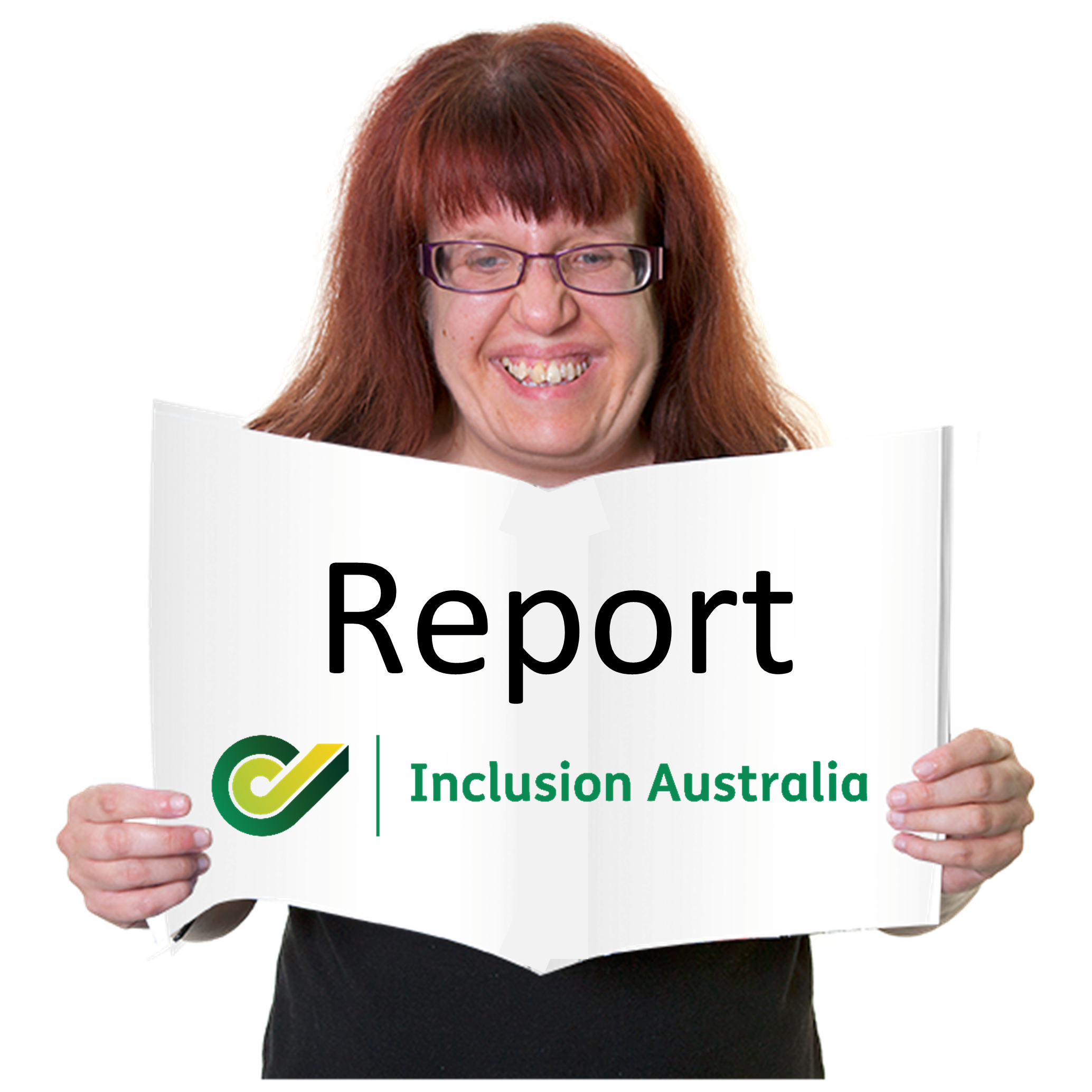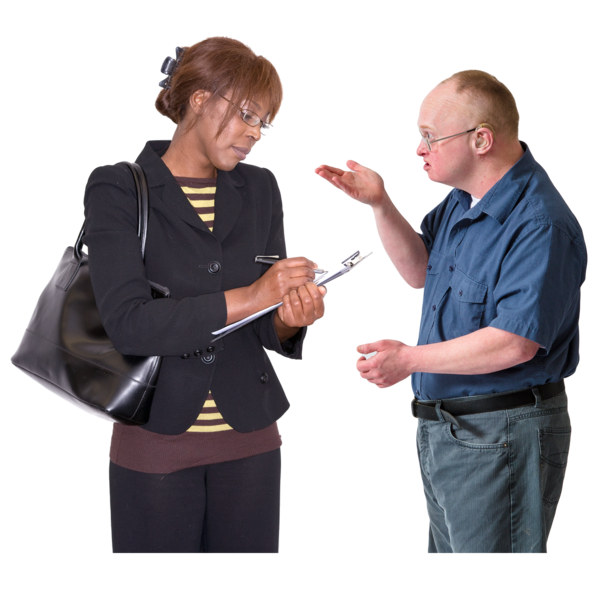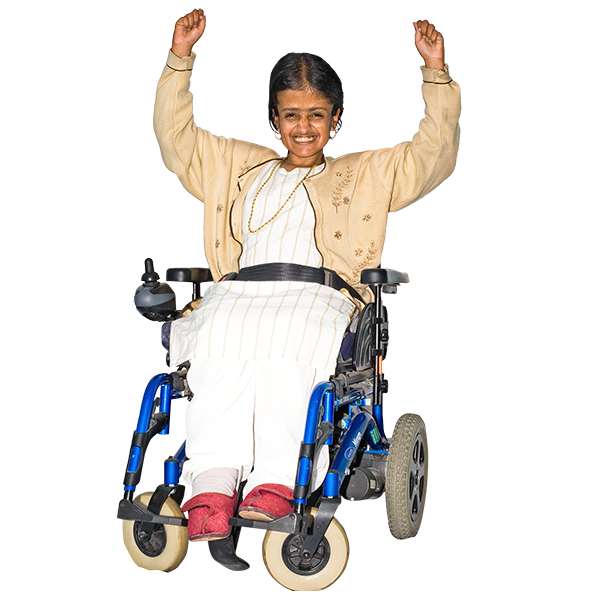The National Disability Insurance Scheme (NDIS) is the largest social reform in 50 years.
It provides funding to support people with permanent and significant disability in Australia.
The NDIS Quarterly Report (Q1 2021) says 19% of NDIS participants have an intellectual disability.
And over 60% of NDIS participants have a cognitive impairment.
Making the NDIS fairer for people with intellectual disability is central to our advocacy.
This page includes information about our NDIS advocacy and our NDIS resources.
A fairer NDIS
After the landmark Shut Out report in 2009 said the disability system was ‘broke and broken’, Inclusion Australia worked together with our members, people with disability, families and service providers through Every Australian Counts, to campaign for the introduction of the NDIS.
We fought to make sure people with intellectual disability would not be left out of the NDIS. Read our statement of inclusion of intellectual disability in the NDIS.
We are still concerned that people with an intellectual disability are falling through the cracks. The NDIS planning process in particular does not meet the communication, self-expression, and decision-making needs of people with an intellectual disability.
Since the launch in 2013 we have continued to advocate for, and work with the Australian Government and NDIA on issues in the design and implementation of the scheme.
The voice of people with disability in the NDIS
There are several ways people with intellectual disability can have their voice heard in the NDIS, including:
- Inclusion Australia and our members can nominate people to be part of the NDIS Participant Reference Group
- People can nominate themselves to be part of the NDIS Participant First Engagement Initiative
- We support the NDIS to hear directly from people as part of the NDIS Participant Engagement Panel.
The Independent Advisory Council
The Independent Advisory Council gives advice to the Board of the NDIA. This is the legislated way the NDIA listens to the voice of people with disability.
The Independent Advisory Council has four reference groups. Inclusion Australia and its members sit on:
- the Intellectual Disability Reference Group
- the Equity and Inclusion Reference Group.
Both of these groups are doing proactive work around people with intellectual disability.
You can read the Independent Advisory Council meeting notes in Easy Read.
Our Submissions
The NDIS also runs consultations on different policies and areas of practice.
Our submissions to these consultations are another way people with intellectual disability can have a say in the NDIS.
Improving Support Coordination
Support coordinators help people with NDIS funding to understand and implement their NDIS plans.
Support coordination is important for most people with an intellectual disability with NDIS plans. For some, particularly people with higher and more complex support needs, it is essential.
Read our submission on support coordination in the NDIS.
Improving Housing and Independent Living
People with disability have the right to choose where they live, who they live with and who supports them at home. However, many people with an intellectual disability who live in group homes still can’t exercise this right.
NDIS Housing and Independent Living reforms could provide opportunities for people with an intellectual disability to have more choice and control over their living arrangements.
Read our submission on Housing and Independent Living in the NDIS.
Supported Decision Making
Supported Decision Making is important for the 60% of NDIS participants with a cognitive impairment, including people with an intellectual disability.
NDIS Supported Decision Making reforms could provide opportunities for people with an intellectual disability to have more choice and control in all aspects of their lives.
Read our submission on Supported Decision Making in the NDIS.
Independent Assessments
In 2020, the Federal government announced plans to introduce compulsory “independent assessments” as part of broader changes to the NDIS planning and funding process.
Inclusion Australia fought very hard to overturn these plans. Read our submission to the NDIA telling them to stop independent assessments.
We spoke to everyone we could – politicians, leaders within the NDIA and the media. We told them that the changes:
- were not based in evidence
- took the wrong approach
- would significantly disadvantage people with intellectual disability.
Read a speech from our Chair telling the government to stop Independent Assessments.
In June 2021, we were thrilled to see the government finally listen and put a stop to the rollout of compulsory assessments.
We will continue to work closely with the NDIA and the Australian Government to make sure the voice of people with an intellectual disability and their families is always included in ongoing reforms to the NDIS.
Our NDIS resources

Advokit
AdvoKit was developed in partnership between Disability Advocacy Network Australia and Inclusion Australia.
Advokit helps people get the advocacy resources they need to support people with disability.

Everyone Can Work website
Everyone Can Work is a project of Inclusion Australia.
It has NDIS resources about:
- Transition from school to work
- Finding and keeping a job
- Changing jobs
- Starting a business.
NDIS resources from our members
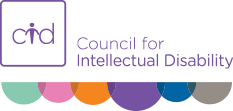
NSW Council for Intellectual Disability
A range of NDIS resources, including:
- Your Service, Your Rights cards
- A Good Life workbook
- Guide to choosing a support worker
- Complex support needs in the NDIS.

VALID
Online NDIS planning training for families, including:
- How the NIDS works
- Getting effective support from the NDIS
- Developing a plan for the future
- Managing supports and funding.
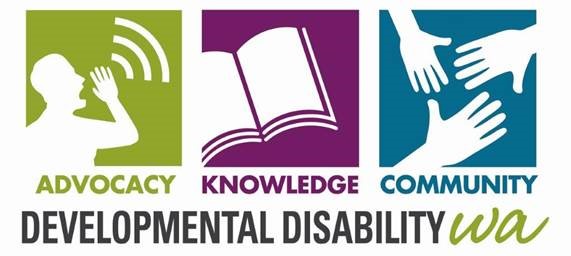
Developmental Disability Western Australia
Handbooks, guides and information on:
- Students with disability
- Transition from high school
- NDIS plan reviews
- Supporting children with complex needs.
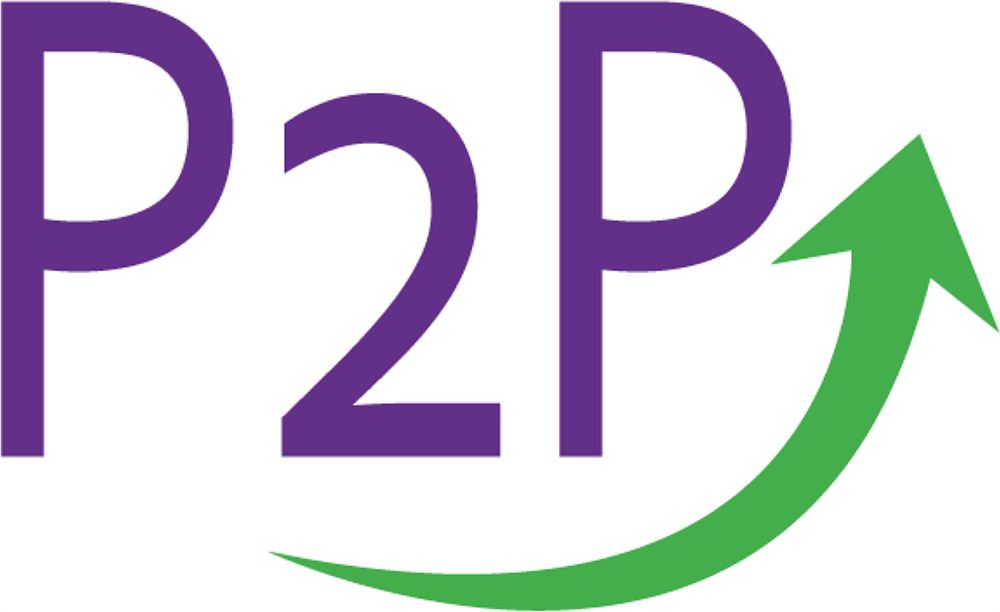
Parent 2 Parent
Transition guides for young people turning 16 and turning 18, including eligibility for the NDIS.


